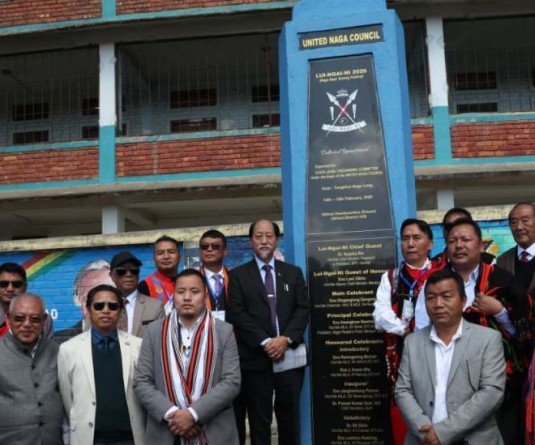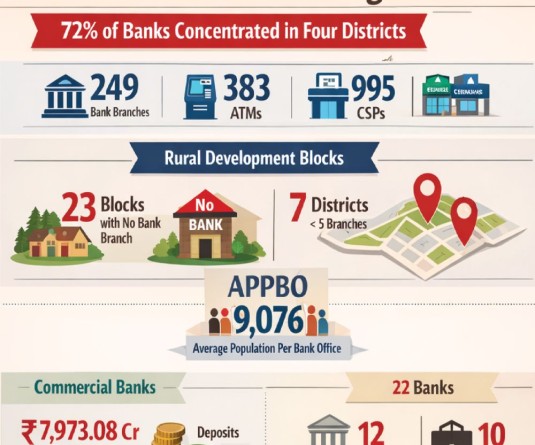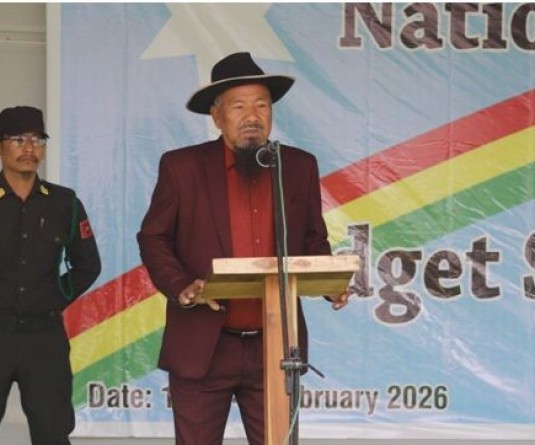
DIMAPUR, FEBRUARY 3 (MExN): The Senior Citizens Association of Nagaland (SCAN) has voiced out against the decision of the Government of India (GoI) to abolish the Free Movement Regime (FMR) and the proposed fencing of the Indo – Myanmar border.
“Since time immemorial, Nagas have been living in our God given land in our own way of life with our own traditions and customs long before the birth of India on August 15, 1947 and Burma (Myanmar) on January 4, 1948 as independent and sovereign nations,” SCAN stated in a statement issuedby the President and General Secretary on Saturday.
From the beginning, both India and Burma (Myanmar) operated a FMR for the tribal communities living along their common border, recognizing the age old economic, social and cultural ties, it said.
However, when India and Burma (Myanmar) jointly demarcated the boundary line in 1970-71, it became obvious that prior proper survey, consultation and physical verification was not carried out as when the boundary pillars were erected.
There are over 250 villages with over 300, 000 people living within 10 kms of the border who frequently cross the border through small and large formal and informal border crossings, SCAN mentioned.
Highlighting a case in point, SCAN said in Longwa village, a Konyak Naga Village, out of the 990 households at present, there were exactly 170 households, including the Chief Angh’s residence, exactly on the boundary line.
It said Nagas have always resented the “short sighted and despotic bilateral demarcation of the international boundary demarcation which was done without the consent and knowledge of the indigenous inhabitants.”
Opposing theGoI’s recent decision, SCAN reminded that the FMR has played a crucial role in facilitating interactions between people residing close to the India-Myanmar border and the erection of fencing along the boundary would be ‘a crime against humanity.’






